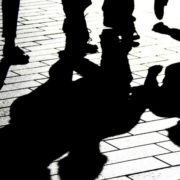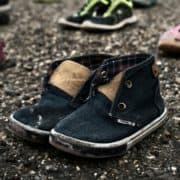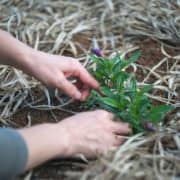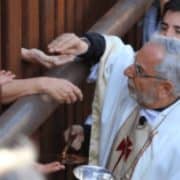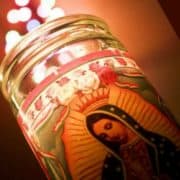BY CARLOS RODRIGUEZ | March 29, 2017
Readings
Today’s reading during the fourth week of Lent sets a challenge: “To those in darkness: Show yourselves!”
As an Undocumented immigrant, I have felt the loneliness, fear, and sadness that this status has placed on my person. Many of us have used this darkness as a tool for our own protection, but during these unpredictable times, we, immigrants and refugees, must act and face the light.
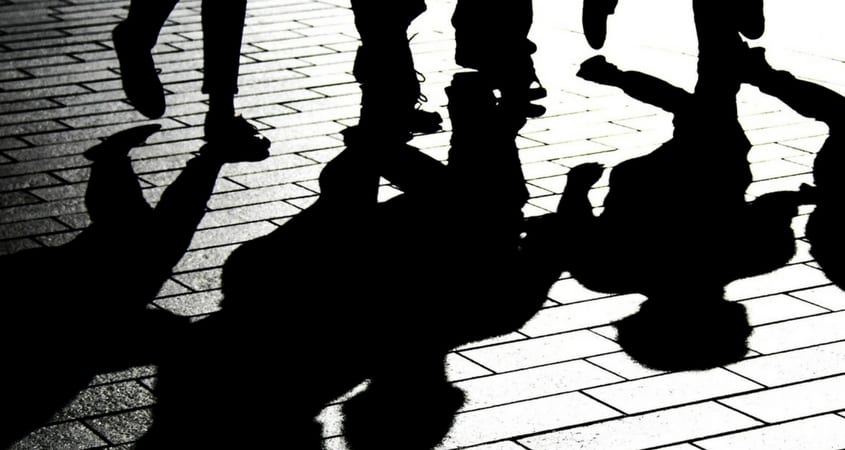
For the privileged: step out of the obscurity of idleness and use your power and resources to aid those asking for assistance. I must ask that we all recognize that this is a country of immigrants that has displaced our indigenous communities.
In today’s Gospel reading Jesus proclaimed, “I cannot do anything on my own.” In reflection, I have found that uncertain times call us to act, but during urgent, tumultuous times, we tend to act alone. We must, however, move and gather in community in order ensure the inclusion of those most in need.
With bravery and courage, speak out and help those in fear.
Extend your open arms to those fleeing war and poverty or those deserting political turmoil, even in this country.
Shelter and feed those seeking a new life and nurture their dreams and eagerness to begin a new life in a new country.
Help those hiding in the shadows, and you will see how you have adopted the teachings of Christ through these acts.
Only together can we move to make the teachings of Christ come alive and make meaningful change.
Editor’s Note: This piece was originally published as part of the Ignatian Solidarity Network Rise Up: A Lenten Call to Solidarity series.
Carlos Rodriguez is a graduate of Seattle University where he earned a B.A. in Public Affairs. As the former Student Body President, he has used his position to talk about issues related to immigration, affordable housing, and homelessness. He has been vocal about his status as an Undocumented immigrant in hopes of bringing awareness to the complexity of immigration in the United States. Carlos is known for wearing a scarlet “U” signifying how an Undocumented status, which has been largely stigmatized in the U.S., is branded onto the lives of many Undocumented immigrants.

